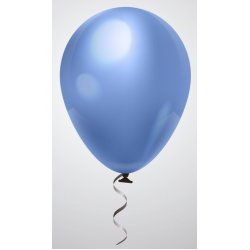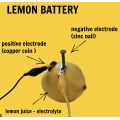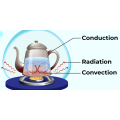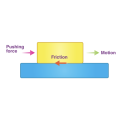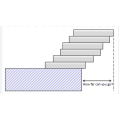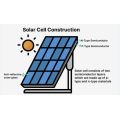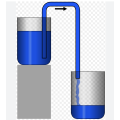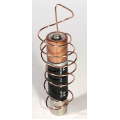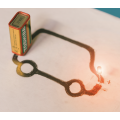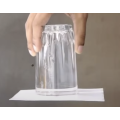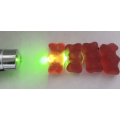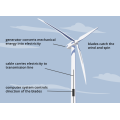- Student test on gases
- Teacher notes and answers for this test
- Buy using PayID 47065111373 OR
- Your files will be emailed to you
- Download the App by pointing your camera at the QR code

Parent and Teacher Notes
This experiment helps explain gas density to your child using helium balloons. Helium is less dense than air, so helium balloons can float. Density depends on how close the gas particles are grouped together. When gas particles are heated, they will move further apart and become less dense.
Scientific concepts covered:
Density: In gases, density is how close the gas particles are grouped together in a space. The closer the particles are, the denser and heavier the gas is. The further apart the particles are, the less dense and lighter the gas is.
Temperature and Density: When we heat up a gas, the particles gain energy and move faster. If the particles inside a small space like a balloon are heated, they bump into the sides of the balloon, creating more space between each particle. This way, the volume increases. The balloon becomes less dense and floats. When the gas inside the balloon cools down, the particles float closer together and the volume decreases, the balloon becomes denser, sinking down.
Helium: A gas which is less dense (lighter) than air. Helium particles are very small and lighter than air particles.
Production Notes
Image displayed for illustrative purposes only. if you are the copyright owner, please contact us.AR1 - How do you make gas heavy?
- Brand: Kilbaha Education
- Product Code: How do you make gas heavy?
- Availability: In Stock
-
$10.00
Related Products
AR10 - How do you build a battery electric motor?
Student test on electric motorsTeacher notes and a..
$10.00
AR11 - How do you change the colour of a flower?
Student test on flower coloursTeacher notes and an..
$10.00
AR12 - How does electrical conductivity work?
Student test on electrical conductivityTeacher not..
$10.00
AR16 - How can you turn water upside down?
Student test on surface tensionTeacher notes and a..
$10.00
AR18 - How can you use the power of wind?
Student test on wind powerTeacher notes and answer..
$10.00
Tags: Augmented Reality (AR)
